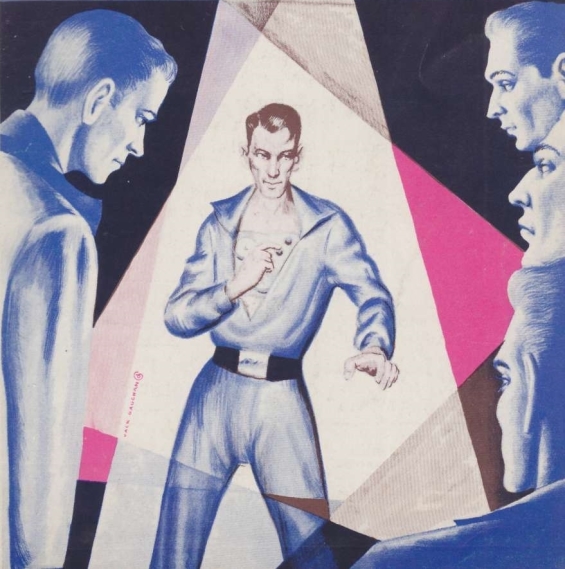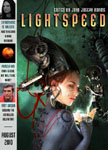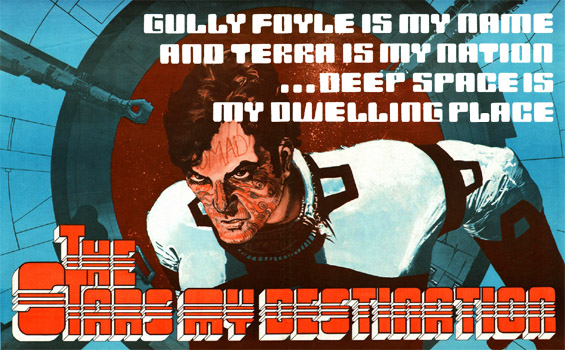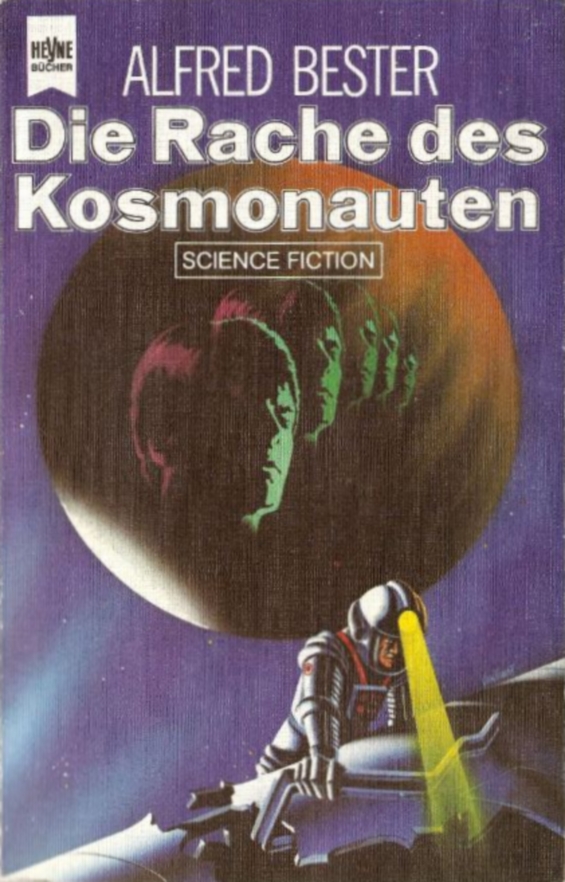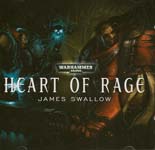
 The SFFaudio Podcast #120 – Scott, Jesse and Tamahome talk to Allan Kaster, the editor of the new audiobook collection The Year’s Top Ten Tales Of Science Fiction 3.
The SFFaudio Podcast #120 – Scott, Jesse and Tamahome talk to Allan Kaster, the editor of the new audiobook collection The Year’s Top Ten Tales Of Science Fiction 3.
Talked about on today’s show:
Infinivox, post-singularity, Mars, talking animals, emperors, will the post-singularity fiction subgenre be over by 2040?, Charles Stross, Gardner Dozois, post singularity is the magic of Science Fiction, Robert Reed, Under The Moons Of Venus by Damien Broderick, talking dogs, “I didn’t like it in a Science Fiction way”, detective fiction, insanity and crazy people, The Emperor Of Mars by Allen M. Steele, a tribute to martian fiction, the Asimov’s reader’s Award, Emperor Norton of the United States, Asimov’s, Analog and F&SF are now available in the Kindle store, ebooks (and emags) with ads, Harlan Ellison, Gene Wolfe, Stephen King, Flowers For Algernon, Subterranean Online, Lightspeed magazine, Flower, Mercy, Needle, Chain by Yoon Ha Lee, Clarkesworld, The Things by Peter Watts, Elegy For A Young Elk by Hannu Rajaniemi, the Science Fiction boom is here, Fantasy, a blossoming of novellas, PS Publishing, Subterranean Press, novellas make for an excellent idea delivery mechanism, Prime Books, The Year’s Best Science Fiction And Fantasy 2011, Ted Chiang’s The Lifecycle Of Software Objects, Stories Of Your Life and Other Stories by Ted Chiang, Infinivox will have a new collection of Science Fiction novellas in the fall: The Year’s Top Short SF Novels, The Things by Peter Watts (read by Kate Baker), The Emperor Of Mars was on Tony Smith’s StarShip Sofa (read by Quartershare author Nathan Lowell), John Carpenter’s The Thing movie vs. John W. Campbell’s Who Goes There?, Howard Hawks, re-working Science Fiction’s legacy fiction in new stories, the stinger comes from sympathizing with a horrible monster, communion, the Shirley Jackson award, Re-Crossing The Styx by Ian R. MacLeod, Scott likes Noir, Double Indemnity, zombies, “even though they’re dead they need entertainment”, The Love Boat, Tom Dheere, he always gets the Science Fiction vocab pronunciation right, Eight Miles by Sean McMullen, Australia, the best story in Analog last year (was Eight Miles), steampunk, is steampunk SF?, steampunk-ish, an Asian cover, Flower, Mercy, Needle, Chain by Yoon Ha Lee is ornate and literary SF (and kind of Ted Chiang-like), there’s a logic going on, The Shipmaker by Alliette de Bodard, Nicola Barber, Larry Niven’s Star Trek episode (The Slaver Weapon), Kzinti are in the Star Trek universe, we need another good Science Fiction (TV) series, Theodore Sturgeon, Robert Bloch, Fredric Brown, Neil Gaiman, Doctor Who, Babylon 5 was our last best hope for SF on TV, A Letter From The Emperor by Steve Rasnic Tem, fun with mind-wiping, emotional stingers, Adrift by Scott D. Danielson, emotional vs. intellectual SF, bureaucracy doesn’t end, there are lots of lost packets between planets, it derives its power from the characters rather than from the intellectual points, intellectual stimulation vs. emotional stimulation, Elegy For A Young Elk by Hannu Rajaniemi, consciousness-uploading, it’s comic book like, a bit like Dan Simmons, Alone by Robert Reed, the prolific Robert Reed, God-Like Machines edited by Jonathan Strahan, Alastair Reynolds’s Troika is in there too, A History Of Terraforming by Robert Reed, Dead Man’s Run by Robert Reed, Marrow by Robert Reed, an old-fashioned Science Fiction story writer, SFBRP #008 Luke’s review of Marrow, Isaac Asimov, Ray Bradbury, Starship Vectors edited by Allan Kaster, SFSignal’s review of Starship Vectors, The Shipmaker by Alliette de Bodard, The Ship Who Sang by Anne McCaffrey, mutant children are shipped off into the universe to fall in love with their crews, giving birth to a cyborg, Shipmaker reminded Tam of Bloodchild by Octavia E. Butler, was dramatized on 2000X, how do you read/listen to anthologies?, is there any chance of doing a year’s top ten 1961? 1965?, how about the top ten of the 1960s?, Charles Stross, A Colder War by Charles Stross |READ OUR REVIEW|, Lobsters by Charles Stross |READ OUR REVIEW|, Accelerando by Charles Stross, “Please Alan, fulfill my hopes and dreams.”
Posted by Jesse Willis

 The SFFaudio Podcast #249 – Scanners Live In Vain by Cordwainer Smith, read by J.J. Campanella.
The SFFaudio Podcast #249 – Scanners Live In Vain by Cordwainer Smith, read by J.J. Campanella. 